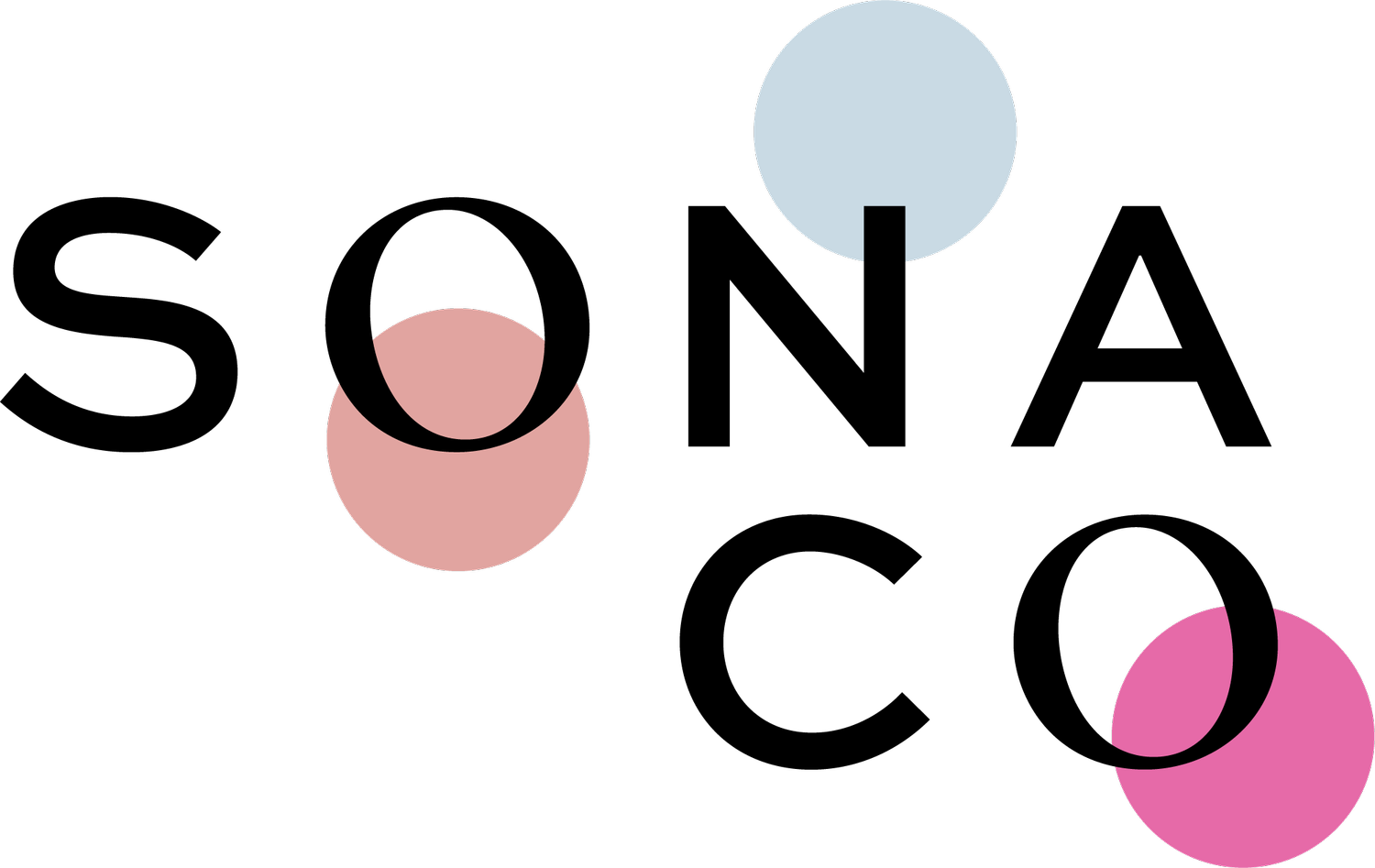Discover the Benefits of Group Ketamine Therapy
Group ketamine therapy is relatively new on the mental health scene, but the group format is integral to our human lineage. Our ancient ancestors have been gathering together in groups since the beginning of civilization all over the globe. Throughout history, groups have afforded us safety, the ability to pool resources and skills, a sense of belonging and connectedness, the sharing of culture, and learning. In 2023, we need these protective factors more than ever. You have probably heard the well-known research about loneliness by now: social isolation and living alone increase the likelihood of early death rates by 26-32%. It’s no longer cigarette use that has the attention of concerned health advocates. Dr. Vivek Murthy, US Surgeon General, has been talking about this unorthodox issue for years. Ketamine therapy groups are proving to be an efficient and powerful way to begin to integrate.
Healing the Individual is Healing the Collective
The Power of the Group Format
As a ketamine therapist in private practice, I have sat with countless groups, both as a participant and a leader. I am humbled by the vulnerability and grit it takes to be witnessed by a community. In a culture that values individualism more than anything, it’s no small feat to allow ourselves to be deeply seen, held, and challenged by a group. Participating in a group disrupts the caricatures we invent about each other and invites us to pay deeper attention to our triggers. Ultimately, it’s an invitation to take personal responsibility for the projections and narratives we have about ourselves and the world.
I don’t know about you, but this is truly where the rubber meets the road for me. Who wants to own up to their shadowy, messy triggers? Especially if you’ve spent your whole life making sure that everyone perceives you as easy-going and nice! Regardless of gender and family history, we all have learned to adapt to a world in which we must belong… otherwise we won’t survive. For the majority of us, this comes at quite an expense, though, and requires that we leave parts of ourselves at the door. Usually, the most vulnerable and childlike parts.
Why Ketamine?
Ketamine has become a buzzword in the mental health world and for good reason. In brief, ketamine is an anesthetic that creates a dissociative effect in the user that allows them to experience a gap in their thinking mind and present-moment experience. It creates a pleasant dissociative experience that allows one to be in a witness perspective versus in their usual egoic state, which is where we tend to spend most of our lives. Ketamine has been proven to reduce symptoms of depression and can lead to an almost immediate improvement in mood and general well-being. It reduces anxiety and panic attacks. It is a powerful pain reliever; it has been used to treat neuropathic pain and chronic pain for decades. Numerous clinical studies show that it reduces suicidal ideation. It increases cognitive function, clarity, and creativity due to the increase of synaptic plasticity (the ability of the brain to change itself).
With the normal protective barriers and defense mechanisms gently brought down by ketamine, group members experiencing ketamine therapy together can drop into vulnerability with less resistance and more ease.
The Benefits of Ketamine Therapy Groups
Social Support
Like group therapy, being in a group setting to experience ketamine therapy can provide social support and a sense of community for its group members. This can help reduce feelings of isolation and increase feelings of connection and belonging.
Normalization of Experience
In a group setting, people can share their experiences of ketamine therapy, which can be profoundly moving and connective.
Enhanced Learning
The ability of the group to enhance learning and integration is enhanced with ketamine therapy due to the effect of synaptic plasticity (the ability of the brain to form new connections).
Increased Motivation
Being part of a group can increase motivation and accountability, encouraging participants to more actively participate in post-ketamine therapy integration practices. Group members report feeling generally more prepared to bring their learning from their ketamine therapy experience into their daily lives.
Cost-Effective
Group therapy is a more affordable way to do ketamine therapy since the cost is shared among group members.
Privacy and Confidentiality
Ketamine therapy groups are confidential spaces where members can bring their material and be held in privacy. It’s a safe environment for sharing.
What to Expect in a Ketamine Therapy Group
In a ketamine therapy group, you can expect to participate in a group of five to nine participants and be led by a trained therapist. In the groups that I run with my co-facilitator(s), we always start with a preparation session to introduce folks to one another and create a container that feels safe and supportive for everyone. We introduce group participants to the process in the preparation session, explaining what you can expect under the medicine and also how to prepare your mind and body in the days and hours leading up to your session, as well as how to integrate your experience on the backend.
We offer three medicine sessions with sublingual (oral solution) ketamine. The ketamine itself usually lasts between two and two and a half hours. We leave room on both sides of the journey for grounding and preparation, as well as sharing and integration. We will take you on a musical journey and be available to support you throughout your ketamine journey. We encourage you to share as much or as little as you like after you “return” from your experience. It can feel especially powerful to be witnessed by the group as you share your experience. We close the container with a final integration session without medicine to continue sharing experiences and integrating insights and lessons from the journeys.
Next Steps
If you are ready to try the ketamine therapy group experience, and if you’re searching for a supportive community to journey with, this might be for you. If you are interested in participating in a ketamine therapy group experience, please contact our team to learn more.




